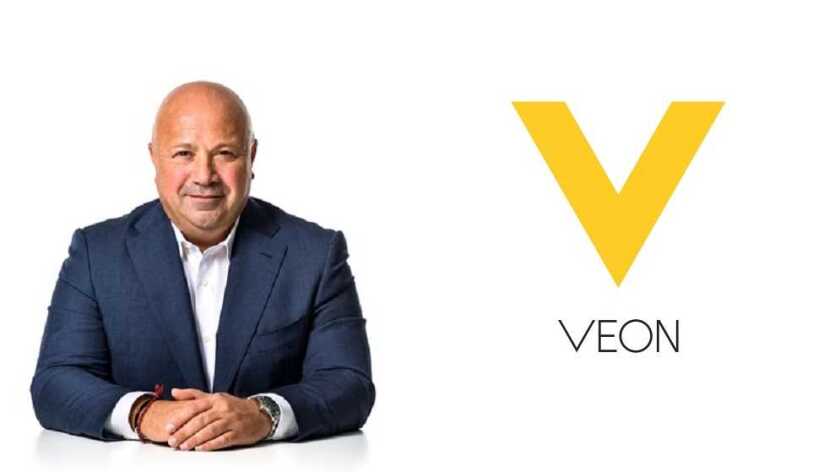The company is selling Vimpelcom – which trades under the Beeline brand – to local management led by its current CEO Alexander Torbakhov.
Meanwhile Veon, based in Amsterdam, has excluded the results of its Russian operations, as they are classified as “held for sale” and “discontinued operations”, from its results, published today.
Group CEO Kaan Terzioğlu (pictured) said the sale of the Russian business will mean Veon has less debt on its balance sheet. “While we are smaller in size, we are now a faster growing company, serving emerging markets with strong potential demand for the services that Veon’s Digital Operator 1440 model offers.”
This is a plan to offer digital services “for the entire 1,440 minutes of a day”, as Terzioglu said last week.
Overall Veon’s performance was better or worse, depending on which currency to look at. It was mainly good in local currencies for local operations, but sharply down in US dollars, which is what Veon uses to report to shareholders.
Total revenues in the fourth quarter, excluding Russia, were down 4.9% in dollars, to $940 million, but up 18.6% in local currencies.
There was the same story for the full year, with total revenues of $3,755 million, down by 2.4% dollars, but up by 14.0% when counting in local currencies.
“This strong operational performance has continued and YTD [year to date] February 2023 local currency revenues are up by 15.2% YoY [year on year] and local currency EBITDA up by 11.8% YoY,” said Terzioğlu.
“With continued focus on operational performance as well as financial discipline and liquidity management, including our strong liquidity position at year-end, we are well positioned to deliver growth while significantly deleveraging Veon’s balance sheet and enhancing Veon’s credit profile in 2023.”






